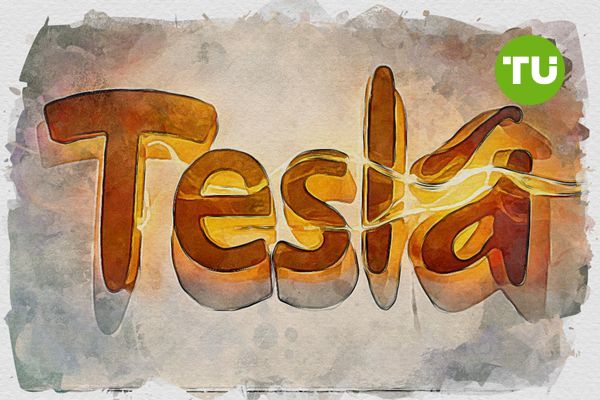Tesla shares rebound 15% from June low amid robotaxi rollout optimism
 The company aims to scale to 1,000 vehicles within months and expand to other metropolitan areas
The company aims to scale to 1,000 vehicles within months and expand to other metropolitan areas
As of June 23, Tesla stock is trading at $322.16, up 0.03% in the last 24 hours.
The stock has shown a resilient recovery from its June 9 low of $281.85, bouncing nearly 15% in just under two weeks.
Highlights
- Tesla shares have rebounded 15% from their June lows, trading at $322.16 as of June 23.
- The stock faces key resistance at $332, with potential to rally toward $350 if momentum holds.
- The launch of its Austin robotaxi service could be a game-changer, but regulatory and execution risks remain high.
From a technical standpoint, Tesla is currently navigating a narrow corridor between strong support around $310–$315 and a developing resistance zone at $332, marked by the intraday high on June 20. A sustained move above $332 would open the path to a retest of the 50-day moving average near $350, which has acted as a major ceiling in recent months. Beyond that, the 200-day moving average looms near the $370 level, another key threshold for any medium-term bullish continuation.
Momentum indicators such as the Relative Strength Index (RSI) are showing neutral-to-bullish signals, suggesting the recent bounce could have more room to run. However, the current volume profile — which saw over 108 million shares traded on June 20 — indicates indecision, with buyers and sellers evenly matched. This aligns with the broader technical setup: a corrective short-term trend within a long-term bullish trajectory.

TSLA stock price dynamics (April 2025 - June 2025). Source: TradingView
Tesla’s Bollinger Bands have begun to widen slightly following a period of contraction earlier in June, indicating the potential for increased volatility. The price is currently hovering near the middle band, suggesting a neutral position within the recent trading range. If momentum builds and the price moves decisively above the upper band near $332, it would confirm a short-term breakout pattern.
Market context
The key fundamental catalyst this month is Tesla’s entry into the robotaxi race. Tesla has officially launched its pilot robotaxi service in Austin, Texas, with 10 to 20 geofenced Model Y vehicles offering flat-rate $4.20 rides. All cars currently include a human safety driver, but Tesla plans to transition toward full autonomy. The company aims to scale to 1,000 vehicles within months and expand to other metropolitan areas, with the full deployment of Cybercab and Robovan expected in 2026.
Tesla’s autonomous strategy differs markedly from rivals like Waymo and Zoox, which utilize lidar and radar. Instead, Tesla relies solely on cameras and its proprietary Full Self-Driving (FSD) software. The plan is to convert millions of existing Teslas via over-the-air updates, sidestepping the need to build a new fleet from scratch. This software-first approach has been praised by supporters such as ARK Invest and Wedbush, who believe Tesla could eventually generate multi-trillion dollar market value from autonomy.
However, skepticism remains. Regulatory oversight is intensifying, with the National Highway Traffic Safety Administration (NHTSA) still probing Tesla’s past autonomous systems for safety issues. Tesla’s camera-only vision system has drawn criticism for its lack of redundancy, and any high-profile robotaxi mishap could delay expansion. Moreover, traditional business lines like EV sales are softening, particularly in Europe and China, adding pressure to deliver results from autonomy faster than previously expected.
Price forecast and scenarios
The next four to eight weeks will be crucial for Tesla’s trajectory. In the base case scenario, the stock continues its upward grind and tests resistance around $332. If successful, a breakout to $350–$360 is likely, supported by improving investor sentiment and incremental robotaxi adoption.
Conversely, in the bear case, negative developments such as a robotaxi safety incident, regulatory intervention, or a continued decline in vehicle sales could drag TSLA below $310. This would likely trigger a slide toward $280, with a deeper decline toward $250 possible if macro conditions deteriorate or investor confidence wanes.
Tesla's recent rally is fueled by both technical momentum and easing political concerns tied to Elon Musk's earlier controversies. With institutional investors rotating back into mega-cap tech and autonomy plays, Tesla is seeing renewed buying interest.













































































































































